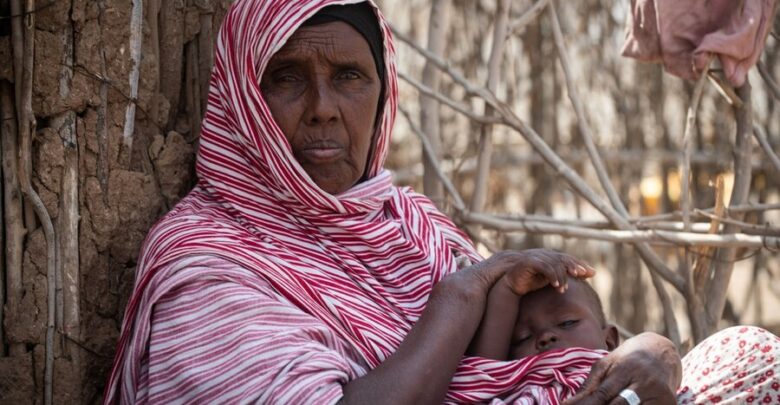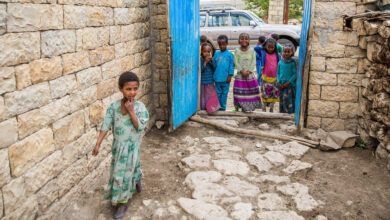Somalia
OCHA: Full-Blown Famine Narrowly Averted In Somalia, Underlying Crisis Still Persists

The United Nations Office for the Coordination of Humanitarian Affairs (OCHA) on Tuesday said a full-blown famine has been narrowly averted in Somalia for now, but the hunger emergency still persists, reported The UN News.
The assessment was issued by the Integrated Food Security Phase Classification (IPC), which sets the global standard for determining the severity of food crises.
In an update on food insecurity in Somalia, the OCHA said that famine had been avoided because host communities and relief teams had helped the neediest people.
The UN said based on the latest IPC report, food insecurity remains catastrophic in Somalia despite their efforts. The IPC report classifies levels of severity from one to five, with five representing a state of catastrophe/famine.
“The underlying crisis however has not improved and even more appalling outcomes are only temporarily averted,” the IPC said.
The report said that prolonged extreme conditions have resulted in massive population displacement and excess cumulative deaths.
Notably, about 3 million Somalians have been driven from their homes by conflict or drought. The crisis has been further worsened by a long-running Islamist insurgency that has hampered humanitarian access to some areas.
According to the OCHA, the number of famine affected people are expected to rise more than threefold, from 214,000 people, to 727,000 between now and next June as drought, violence and displacement continue to threaten people’s lives and livelihoods.
The report “does not lead to a declaration of famine at this point, in large part thanks to the response of humanitarian organizations and local communities,” OCHA spokesman Jens Laerke told reporters in Geneva.
However, he warned, that it does not mean that people are not experiencing catastrophic food shortages. He said that the underlying crisis has not improved.
Somalia’s last famine, in 2011, killed more than a quarter of a million people.






